
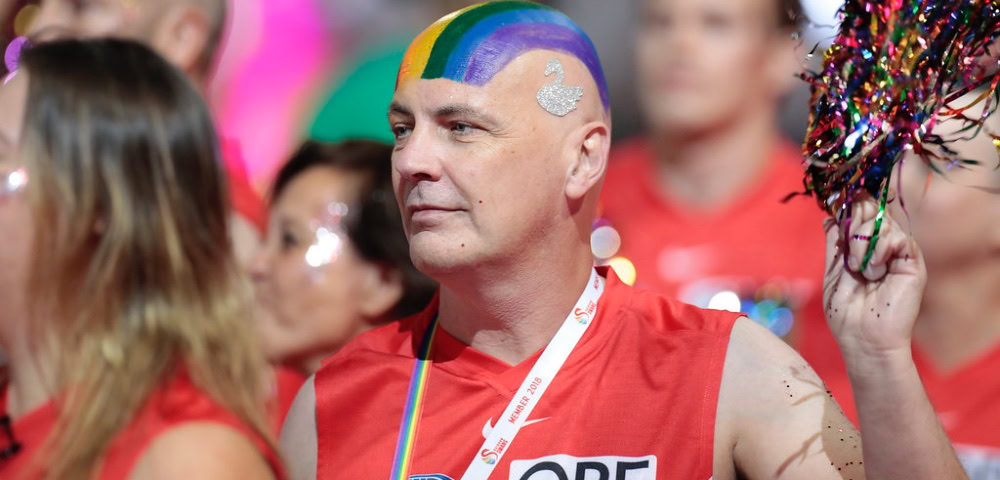
I am sitting at a dinner table with a group of friends. They are the people who got me through lockdown – queers and allies with whom I laughed, cried and ranted about everything from the unwashed dishes in the kitchen sink to the endless damaging political debates of the day.
We are all much closer than we might have been had we not found ourselves constrained by four walls and in need of a conversation with someone to whom we were not related.
Amongst them is my friend, Elizabeth, an old dyke from way back who grew up in a time and place where there were few choices; you were straight, you got married, and that was about it. Over Zoom and Teams and now in real-life, Elizabeth and I have shared a dozen stories – of coming out, of trauma, of survival – and of the myriad ways our lives have changed over the decades.
‘When We’Re Old…Older’
While the rest of our table is talking excitedly, Elizabeth leans across and looks right at me. When we’re old – well, older, she laughs – and this time is long forgotten, I’ll remember one thing.
I look her in the eye and wonder what’s coming. We are two glasses of sparkly down.
That one thing is this, she says, laying her hand across her heart. There was a hole here and you filled it with courage and that has changed everything.
My hand goes to my heart, and I feel it flip a little. I pause. Breathe. Take a moment. Re fill the sparkly.
Queer Courage

I think about that word courage, from the Latin cor, meaning heart – and its simple, understated definition, strength in the face of pain or grief. I think about how much I see that in the queer community, how often, in fact, I have seen it over my lifetime.
Courage is the Year 9 baby dyke hovering at her teacher’s door and taking that first brave step to whisper Miss, can I talk to you about something?
Courage is the older gay man who attends 30 plus funerals of friends, lovers, colleagues – and still more as a stranger, a volunteer.
Courage is the corporate lawyer who risks her livelihood and career to come out on the front page of the paper because no one else will.
Courage is the trans girl who gets dressed every day in the blazer and tie that denies her very existence but goes to school anyway.
Courage is the lesbian therapist who sits with her own pain and holds the pain of others so they can recover and heal.
Courage is the gay dads who ignore the quiet disapproval and raise a beautiful baby girl who’s confident and proud.
Courage is the young trans boy who tells his story to the world and makes it a little better for the kids who follow him.
Bearing Witness To The Courage Of Queer Folks
I think about the fact that I came out almost forty years ago – in a different place and at a very different time – but bearing witness to the courage of queer folk has been a constant and abiding feature of my life.
In that moment, when Elizabeth says I have given her courage, I understand something. I understand that courage is circular – we give it and we receive it; we put it out and it comes back; it goes around and comes around. And if I have given someone courage, it’s because someone has given it to me.
Recently, I came out as a survivor of childhood sexual abuse; I posted a blog on social media and wrote an article for a queer magazine. Lots of people said I was courageous – to engage in a difficult healing process in the first place, and to then share that experience publicly with others.
As a writer and advocate of thirty years, I’ve written about a lot of different things – many of them deeply personal – but I’d never referenced the abuse. So, yes, the decision to go public was not easy and I pressed the send button with enormous trepidation. Was that strength in the face of pain or grief? Maybe. Probably. Yes.
But if it was, that courage was nurtured by the myriad small, brave steps I’ve watched all those other queer folk take over a lifetime; the ordinary everyday I’m-going-to-take-a-deep-breath-and-tell-the-world step.
The I’m-not-going-to-let-you-do-that-to-me-anymore step.
The f**k them!-I’m-going-to-be-who-I-am step.
Those small steps are courage, and that courage is how we keep ourselves safe and how we make the world better for the next person.
Courage is what our community pays forward.
But I can’t really say all that right then – to Elizabeth, at the dinner table – so I just leave my hand on my heart and say, thank you, Elizabeth.
And later, I write this, to say thank you to everyone else.
Jac Tomlins is a writer, consultant and long-time LGBTIQ advocate. She is a member of the Victorian Government LGBTIQ Taskforce Health and Human Service Working Group.




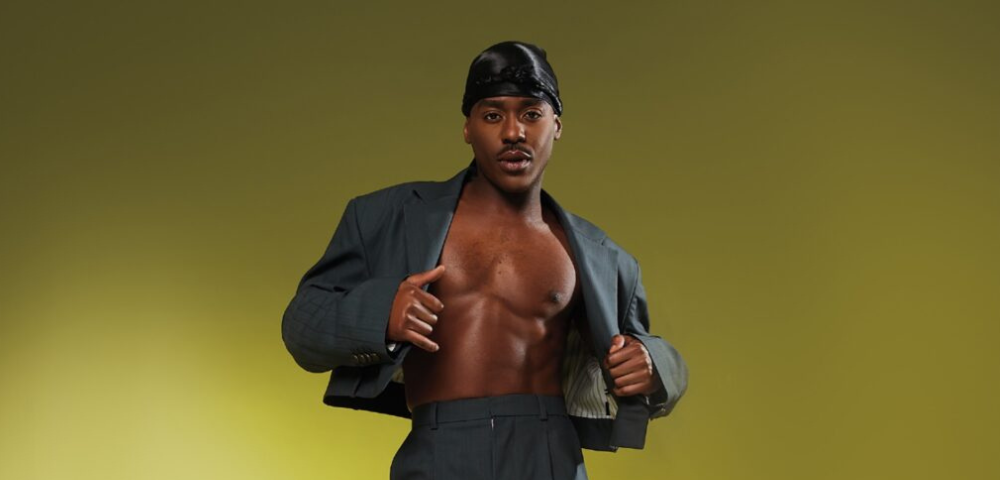
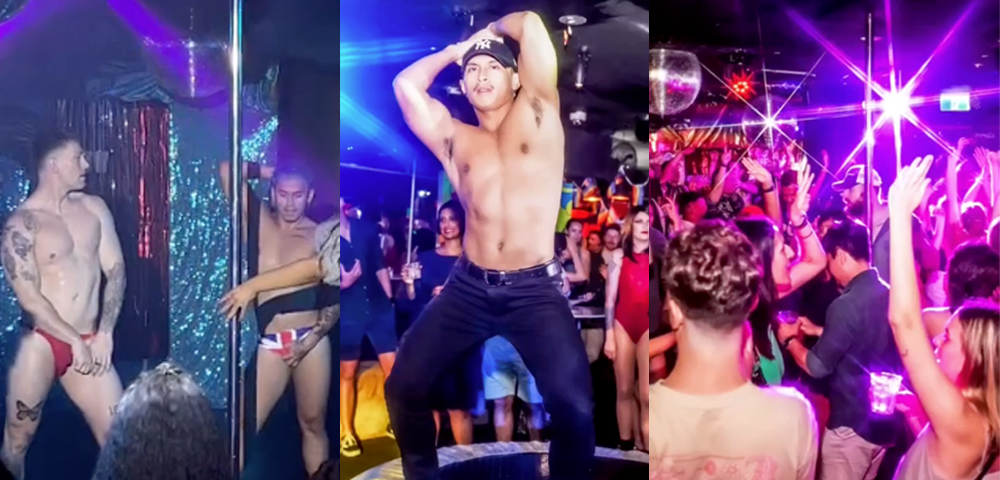
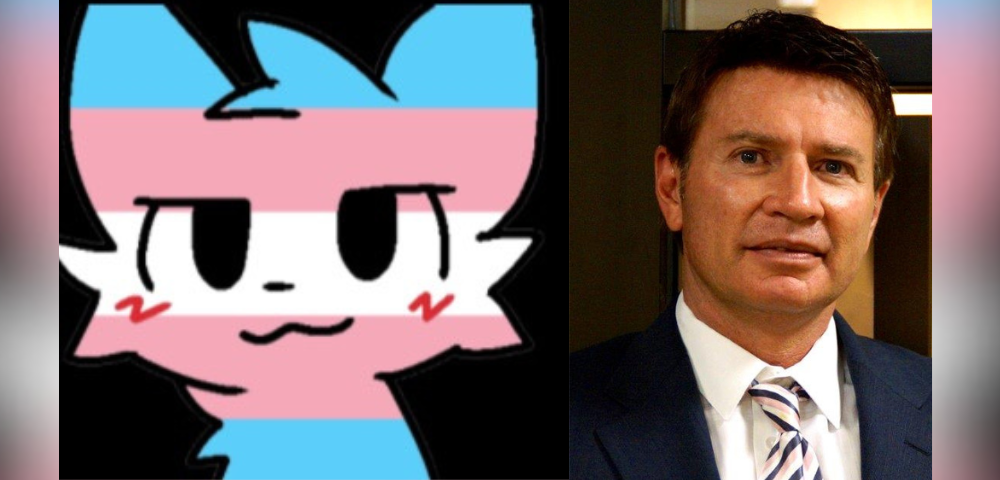
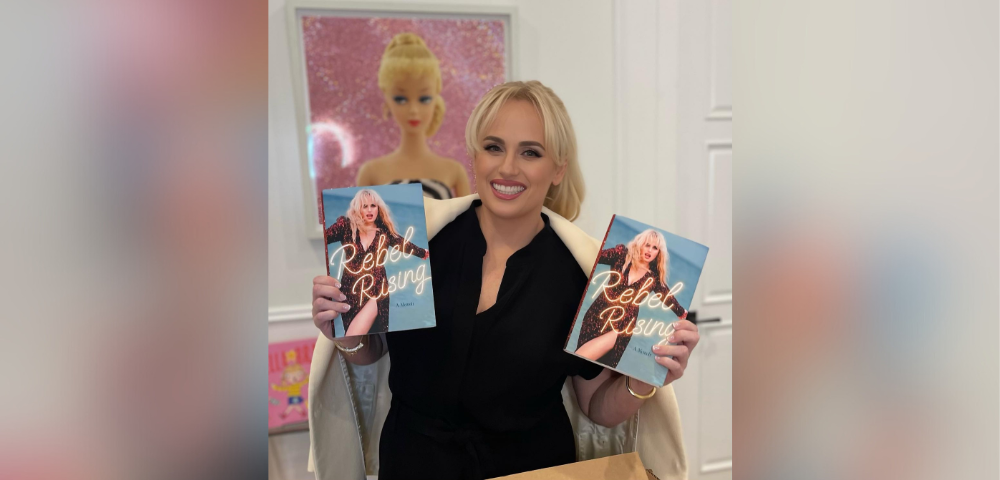
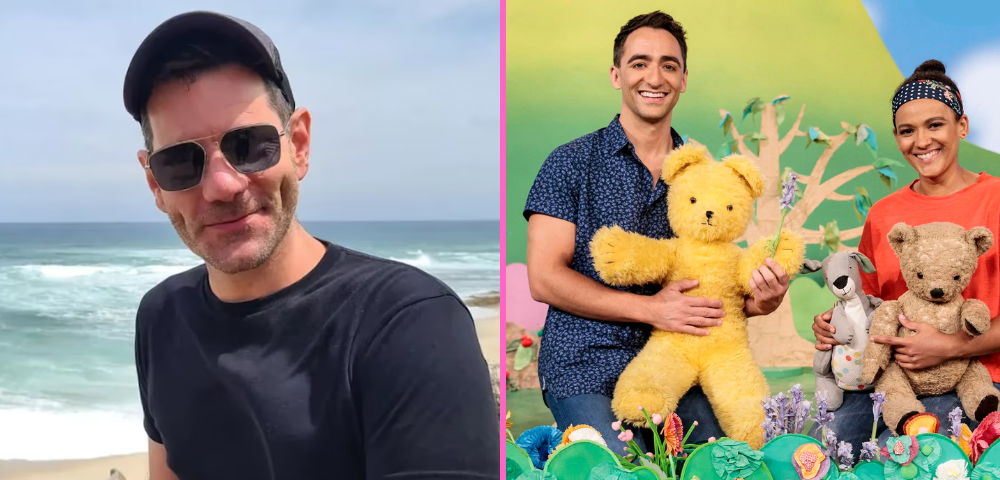

Great to read this real truth, for me, about being gay
Lovely artice.